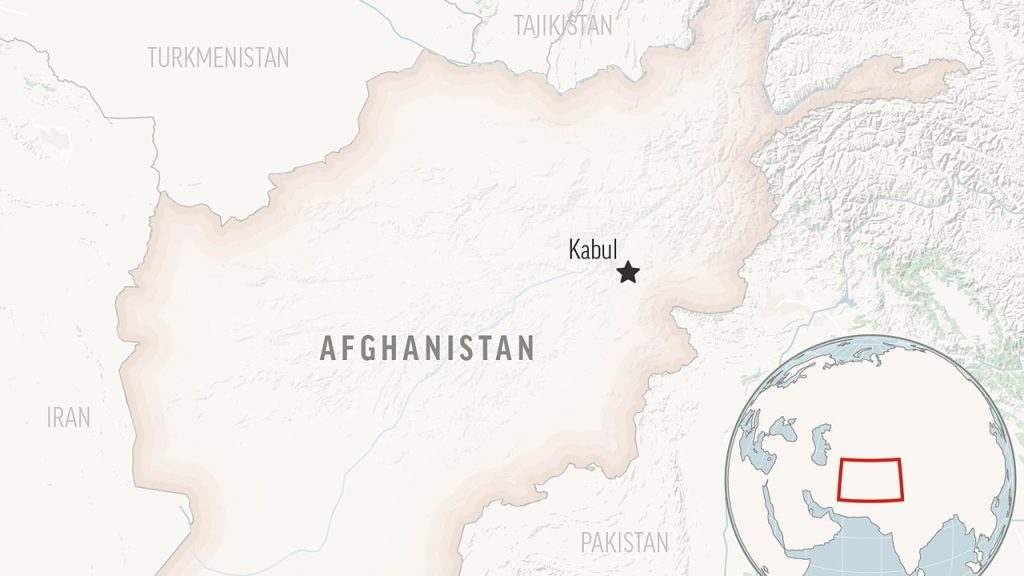Several gunmen opened fire in central Afghanistan late on Friday, killing at least four people, including three foreign nationals, according to a Taliban spokesman. Four suspects were arrested at the scene in Bamyan province, with an investigation underway. No group claimed responsibility for the attack, which occurred in a major tourist area. Seven other people, including four foreigners, were wounded in the incident, although their nationalities were not disclosed. The Taliban took power in Afghanistan in August 2021, following the withdrawal of U.S. and NATO forces after 20 years of war. Blame is pointing towards the Islamic State group’s affiliate in Afghanistan, a major rival of the Taliban, which has carried out numerous attacks across the country.
The Taliban has been employing brutal tactics to maintain control and intimidate the population. Recently, the group publicly executed three people in five days in what they claim is in accordance with their version of Sharia law. The executions were meant to send a message to the public about the consequences of disobeying the Taliban’s rules. The Taliban’s interior ministry spokesman, Abdul Mateen Qani, did not provide details on the victims or the charges against them. The executions are part of a broader campaign of violence and intimidation by the Taliban against perceived enemies and those who do not adhere to their strict interpretation of Islamic law. The Taliban’s resurgence in Afghanistan has led to concerns about human rights violations and the erosion of freedoms that were gained in the past two decades.
Bamiyan, where the attack took place, is known as the site of two massive Buddha statues that were destroyed by the Taliban in 2001. The province is a popular tourist destination, attracting visitors with its rich history and stunning landscapes. The attack highlights the continued instability and violence in Afghanistan, despite the Taliban’s claims of maintaining peace and security. The presence of foreign nationals among the victims underscores the ongoing risks faced by both locals and foreigners in the country. The Taliban’s lack of control over certain areas has allowed groups like the Islamic State to carry out attacks and undermine their authority.
The ongoing violence in Afghanistan poses a threat to the country’s stability and the safety of its citizens. The Taliban’s brutal tactics and the presence of rival groups like Islamic State have created a volatile environment where attacks can happen at any moment. The lack of accountability and transparency in the Taliban’s rule raises concerns about the human rights situation in the country. The international community has called for investigations into the attack in Bamyan and for those responsible to be held accountable. The Afghan people continue to face challenges and uncertainties as they navigate the aftermath of the Taliban’s takeover and the ongoing violence in the country.
The attack in Bamyan serves as a reminder of the complex and precarious situation in Afghanistan, where various factions and groups vie for power and influence. The destruction of the Buddha statues in 2001 was a stark example of the Taliban’s extreme ideology and disregard for cultural heritage. The recent violence in the province underscores the ongoing struggle for stability and peace in Afghanistan. The attack is likely to have a chilling effect on tourism and investment in the region, further undermining efforts to rebuild and develop the country. The international community must remain engaged in Afghanistan to support efforts to address the root causes of violence and conflict, and to promote respect for human rights and the rule of law.


